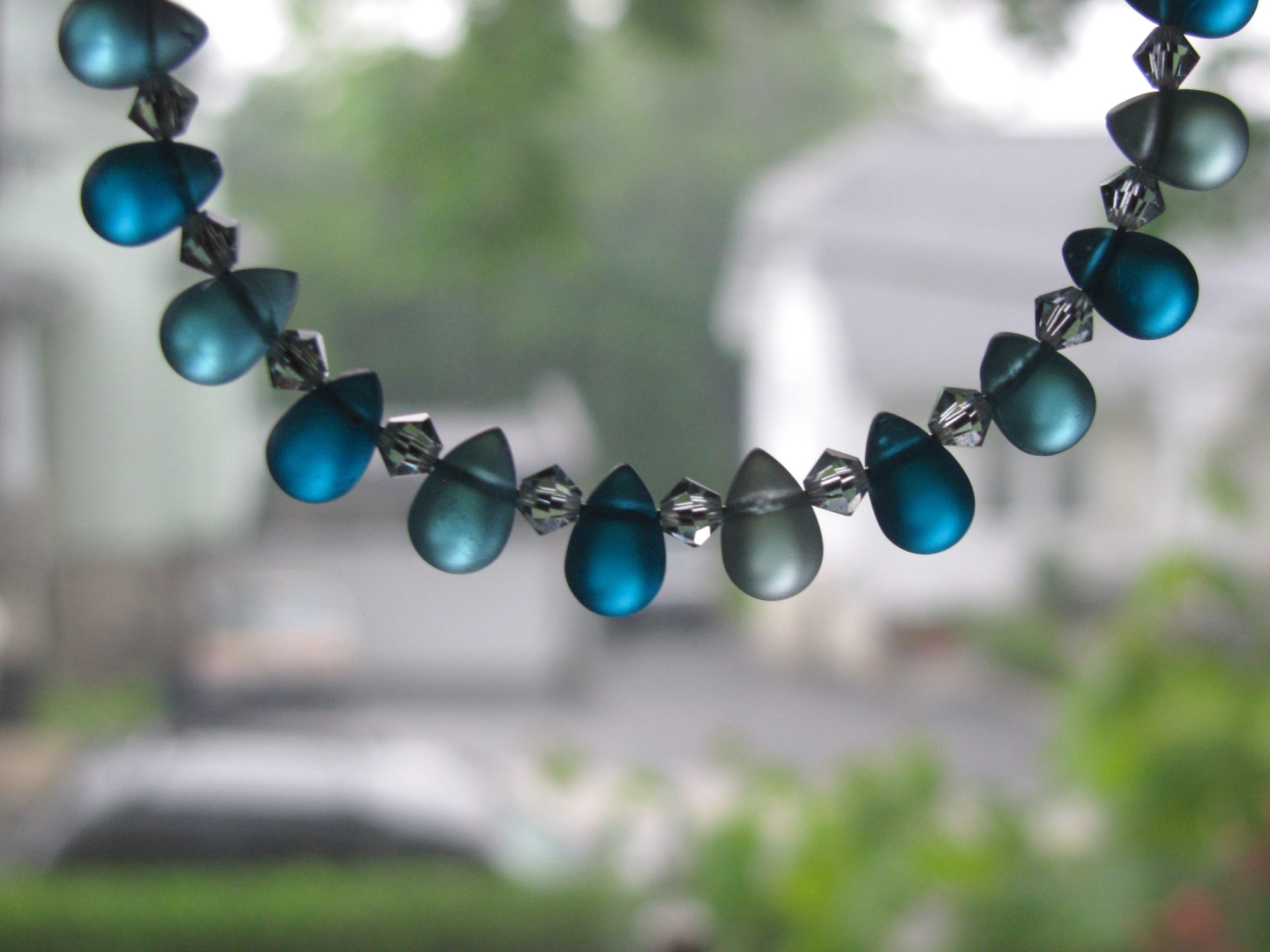
A poem can sing to you, even if you don’t totally “get” it or enjoy every line.
“Piano,” by D.H. Lawrence, is not one of my overall favorite poems. It’s not a bad poem, of course, and I can’t pretend to even approach Lawrence’s levels of literary influence in my lifetime. However, references to “weeping” and “floods of remembrance” don’t grip me in the same way as precise, sensory details that invite me weep and remember. Which is precisely why this poem sticks with me.
In the first stanza, a woman’s voice seeps through the dusk like the soft, remaining glow of light. The speaker, drawn into this beauty, experiences an out-of-body memory and imagines himself as a child many years ago.
The next two lines are what grab me:
A child sitting under the piano, in the boom of the tingling strings/And pressing the small, poised feet of a mother who smiles as she sings.
What I love about this memory is the full sensory appeal of it, especially the sense of touch. I feel the vibration of the strings under the piano–both the “boom” of the bass notes and the strains of the “tingling strings,” words whose similar sounds cause the music to tremble under my own skin. The tender detail of the child “pressing the small, poised feet” of his mother is just unusual enough to make the scene real to me. Specific is universal. I can imagine a child touching his mother’s feet because of my own children, who affectionately tug my sweater sashes, knee me in the butt, or whack my head with coloring books.
In Everything That Makes You Mom, author Laura Lynn Brown asks readers to recall memories of their mothers in specific situations, such as concocting treats in the kitchen, driving, playing, or tending plants. By imagining and recording these scenes in writing (remember, imagining is image-ing), readers not only reward themselves with rich pictures from the past but can give their mothers the invaluable gift of showing how they noticed things all those years.
My mom is not a musician. She’s creative, yes, but as a master quilter, builder of Victorian dollhouses, and any other task requiring an eye for detailed design. The images of my mother embroidering calico brown wedding rings and laying tiny shingles one by one on gabled roofs will never leave me. But these wonders were wrought in her own private moments as I stood in the background. We did share some important times together, however. And they did not take place alongside a musical instrument, easel, or Great American Novel.
Every Saturday night, during my childhood in the late 70s and early 80s, my mom and I watched The Love Boat while sharing a one-pound bag of M&Ms. We weren’t the snuggliest family in the world, but once a week we put our feet up, threw comforters over our legs, and huddled with a bag of candy between us.
Of course The Love Boat was not a masterpiece. Plot lines were predictable and corny. Charo was a frequent guest star. But it was “our thing.” In fact, one year my mom gave me a sterling silver heart necklace to commemorate our sweet ritual, and even when I returned from college on the weekends, years after The Love Boat went off the air, I would find a large bag of M&Ms awaiting me on my bed.
As a mother, I wonder what close moments my children will remember. Hugging my son as I walk into his first-grade classroom as a volunteer? Squeezing through clothing racks with my oldest daughter at the mall? Lying next to my middle daughter as she paints watercolor flowers while on her bed? (Yep. I’ve decided to let her paint in bed.)
A whole poem can capture you, each word catching more and more of your breath until you’re dizzy with wonder. Sometimes just part of a poem does it: a stanza, line, or word. This is what “Piano” has done for me, releasing my own, okay, I’ll say it—flood of memories.
Give every poem a chance to explore you. You’ll never know what will sing.
Piano
Softly, in the dusk, a woman is singing to me;
Taking me back down the vista of years, till I see
A child sitting under the piano, in the boom of the tingling strings
And pressing the small, poised feet of a mother who smiles as she sings.
In spite of myself, the insidious mastery of song
Betrays me back, till the heart of me weeps to belong
To the old Sunday evenings at home, with winter outside
And hymns in the cosy parlour, the tinkling piano our guide.
So now it is vain for the singer to burst into clamour
With the great black piano appassionato. The glamour
Of childish days is upon me, my manhood is cast
Down in the flood of remembrance, I weep like a child for the past.
—D.H. Lawrence
Photo by Kelle Sauer. This post is a modified reprint of a post by Tania Runyan that first ran at How to Read a Poem.
